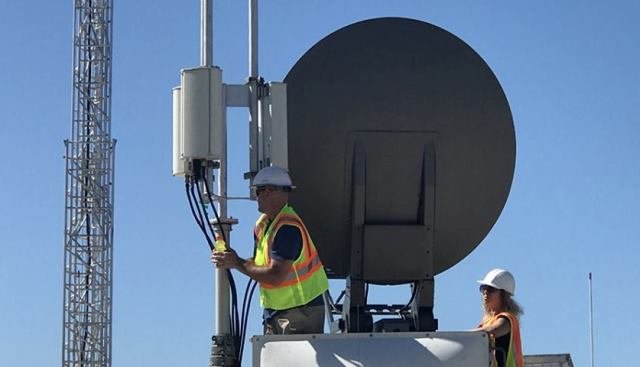5G mobile operators are giving less focus on their enterprise customers analysing the current deployment trends, a ABI Research report indicated.

34 telecom operators have launched 5G networks and that number is expected to reach 77 by the end of 2019.
5G mobile operators will be adding 1.3 billion subscriber connections by the year end 2022 – within three years after the initial 5G launches — indicating the main focus of telecoms will be on the enhancement of ARPU from wireless retail users and not their business customers.
SK Telecom and rival KT have announced they achieved increase in their monthly ARPU from mobile phone customers since the launch of 5G services in April 2019. SK Telecom and KT were the first mobile operators to introduce 5G on a commercial basis. But they have not revealed their success from business customers.
But US-based operators AT&T, Verizon, T-Mobile and Sprint are yet to share their success from 5G roll outs. Wireless operators in the United States, who are claiming that they were the first to launch 5G mobile, are yet to improve their ARPU.

The above chart from Strategy Analytics indicate the growth of 5G-powered connected devices as compared with 4G and 3G. The chart indicates that the addition of connected devices on 5G is slow.
Deutsche Telekom and its network supplier Ericsson last week revealed EK Automation, Konica Minolta and Endress+Hauser are going to use 5G network in Germany to enhance business efficiency.
Verizon said its 5G Ultra Wideband network offers support for drones because of its low latency and high bandwidth. Drone customers can utilize Verizon’s 5G network for autonomous drone flights as it will allow business customers to deploy right from the office and send back data and insights in real-time.
5G is expensive
ABI Research said the future of 5G lies in the enterprise. 5G use cases across markets, such as industrial automation, cloud gaming, private LTE, and smart transport systems, will become pervasive, and will unlock new opportunities for mobile service providers along the way.
The aims was to allow SPs and their suppliers to enhance revenues from the consumer space before gradually extending the network’s capabilities to meet the needs of the enterprise, said Stuart Carlaw, chief research officer at ABI Research.
This process has proven a lot more costly and time consuming than initially thought. If SPs rely solely on consumers to justify their investments in 5G rollouts, it could take up to 15 years to realize any ROI, ABI Research said.
SPs hope that 5G will help them reduce the cost per Gigabyte of bandwidth and improve the ARPU compared to existing access technologies. 5G will be much more expensive compared to 4G and 3G because of the network densification and the addition of new functions, both at the core and the access sides of the network.
5G revenue generation will be minimal in the short term as consumers will be slow to adopt 5G devices due to their high prices and limited initial 5G service coverage, the latest TBR report said.
TBR also said business customers will provide the greatest opportunity for long-term 5G revenue generation as use cases requiring the ultra-low latency and accelerated data speeds enabled by 5G will be more prevalent in the enterprise space.
Telecom engineers have started realizing that the deployment of 5G network will deliver better experience to both enterprises and retail customers.
While 5G networks can deliver bandwidth up to 3x faster than older generation networks, and cut latency time in half, this is true only under specific conditions — deployment over mmWave spectrum, delivery through large carriers, or outdoors, said ABI Research’s Mo Hall in a blog.
Baburajan K
